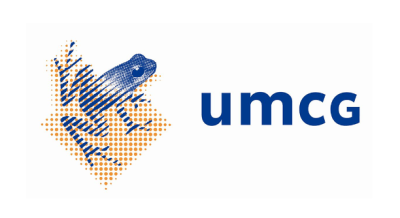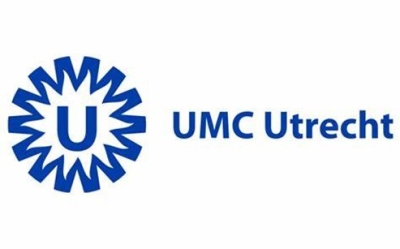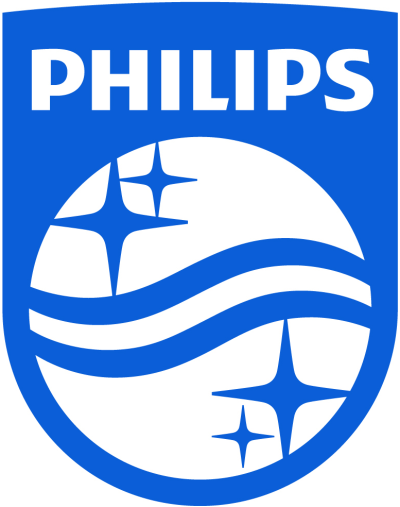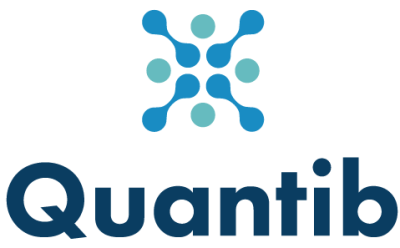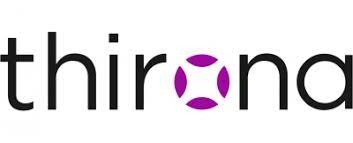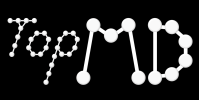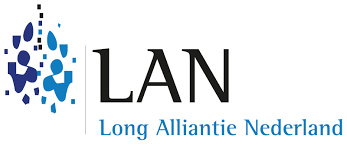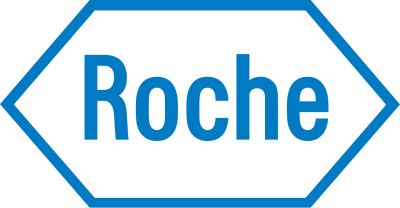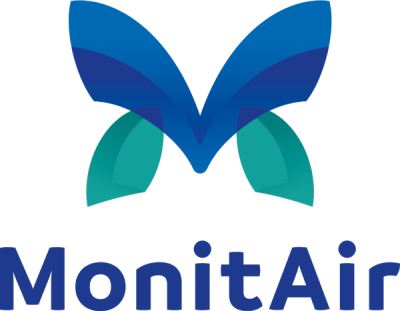Detect, halt, and repair early lung damage
Precision Medicine for more Oxygen (P4O2) is a public private partnership with 27 partners that started in December 2020. The program aims to identify treatable traits and innovative personalised therapeutic strategies to both prevent the progression of early stage damage and to reverse established lung damage by stimulating repair.
According to the World Health Organisation, lung diseases are among the deadliest diseases worldwide and almost without exception lead to extremely debilitating symptoms and loss of quality of life and productivity. Currently, lung disease are often diagnosed when the damage is done and only symptomatic treatment is available. The societal impact of P4O2 is expected to be seen in the day-to-day life. Devices that can earlier screen for biomarkers that predict the risk of lung diseases such as COPD or interstitial lung diseases (ILD) could be available at the GP, or perhaps even at public places. Intervention will be much sooner in those people who appear to be at high risk for lung diseases. This could be, for example, by starting medication earlier and by taking measures to influence the exposome (diet interventions, reducing exposure to air pollution, etc.).
The program will identify risk factors in the external exposome, gain novel insights in tissue damage and repair and will develop and combine cutting edge imaging with analysis of different patient materials (tissues, cells, blood samples, exhaled air). In a later stage the acquired insights will be used to create tailored strategies for prevention and treatment of individual subjects.
The scale and ambition of the P4O2 program empowers fundamental improvements in quality of life, perspectives and societal participation of patients with chronic lung diseases by 2030. P4O2 will provide unique opportunities for universities and business enterprises in the Netherlands to remain in the driver’s seat of respiratory research.


